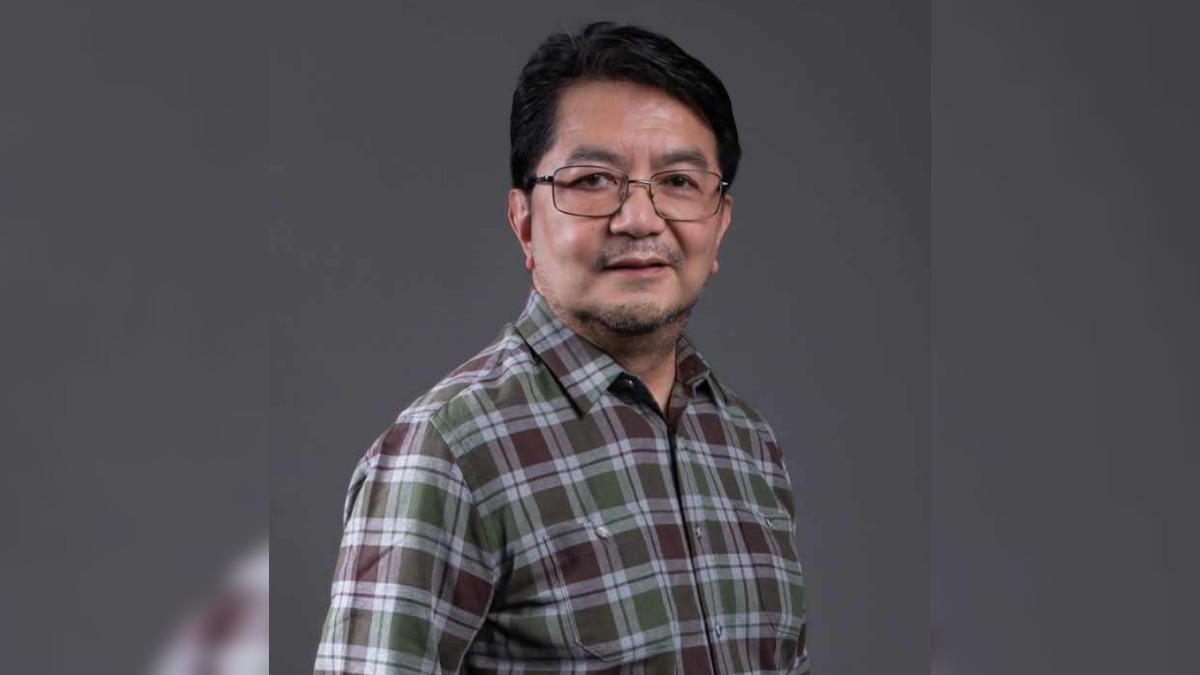For over four decades, Dr. Edmund J. Y. Pajarillo, PhD, RN, NI-BC, CPHQ, NEA-BC, ANEF, FAAN, has quietly but powerfully shaped the landscape of nursing—locally, nationally, and globally. With a professional journey that spans emergency care, geriatrics, dialysis, psychiatry, home care, administration, and education, Dr. Pajarillo has become a true luminary in nursing education and informatics. He is a tenured, full professor at Adelphi University College of Nursing and Public Health (NY), founder and immediate past president of the National Consortium of Academic Nurse Educators (NC-ANE), and a fellow of multiple prestigious academies including the American Academy of Nursing. But beyond his credentials lies a legacy defined by vision, innovation, mentorship, and deep cultural grounding.
At the heart of his most recent accolades is the ETS (Equitable, Targeted, and Specific) Onboarding Program, which earned him the 2025 CASHE Innovative Academic Support Initiative Award. This project, as he described, was born out of a recognition of the unequal playing field many graduate nursing students face upon entering their programs. “Incoming students returning to obtain their graduate degree come with varying levels of academic preparation,” he observed. “Some struggle with writing, others with technology or database access.”
Rather than merely observing the gap, Dr. Pajarillo created a solution. The ETS program is an asynchronous, non-graded online module that orients students to university services and resources, academic writing, and research tools. “Once completing the ETS onboarding program, students are more or less in the same level of academic preparedness,” he said. The results are undeniable—students across several cohorts since 2021 scored over 90% on post-test exams, and the program is now used in other Adelphi University programs and U.S. schools. “Receiving this CASHE award validates the program’s relevance in effectively assisting students in their adjustment and success in their studies,” he reflected.
This drive to level the playing field is no accident—it is deeply rooted in Dr. Pajarillo’s Filipino heritage. “Most of what I am now, I credit to the structured upbringing my parents instilled in me,” he shared. Raised in a traditional Filipino family and educated in the University of the Philippines system, Dr. Pajarillo absorbed the cultural values of discipline, respect, and academic excellence from a young age. “Leadership was instinctive to me,” he said. “I have led many initiatives as a child and throughout my education. I also do not hesitate to speak my mind when something is not right.”
That same courage led him to establish the National Consortium of Academic Nurse Educators (NC-ANE), a collaborative body designed to elevate the voice and influence of academic nurse educators (ANEs). “The shortage of academic nurse educators exacerbates the global nursing shortage,” he noted. “Most ANEs try their best to support their students, but the fractured educational staffing pushes many to their limits. Some burn out. Others leave.” The NC-ANE seeks to change that, not only through advocacy but also through collaborative research and mentorship to develop lasting solutions.
And mentorship is a theme Dr. Pajarillo returns to often. He has long believed in the ripple effect of good teaching—how educators influence generations of nurses. That’s why he established the National League for Nursing (NLN) Edmund J. Y. Pajarillo Health Informatics and Innovation Endowment Fund, offering research grants and scholarshipsfocused on fostering innovation and excellence in nursing informatics and education. “I am passionate about being able to pass on my knowledge and expertise to nurses,” he said. “I hope the work I do—both as a professor and as founding president of NC-ANE—will have ripple effects on the persistent global nursing shortage.”
His professional path reflects this philosophy of impact. He has held numerous leadership roles, from chief nurse executive and associate dean to program director and chair of graduate studies in nursing. His research spans a fascinating range—nursing informatics, data analytics, robotics, artificial intelligence, copyright law, and information behavior. His work is widely published and presented globally, but he never loses sight of the nurse behind the numbers. “We need to build our educational careers with a strong, cohesive goal and purpose,” he urges fellow nurses.
To aspiring Filipino nurse educators and leaders, his message is both empowering and practical: “Keep excelling in what you do. Obtain advanced degrees that offer courses in the science of teaching and learning. Validate your knowledge through a unified body of nursing specialization, and network with like-minded nurses of all nationalities.” He adds that while it’s fine to pursue advanced practice degrees with teaching in mind, it’s crucial to acquire targeted preparation—like post-master’s certificates or education-focused PhDs—to truly excel in academia. There will always be a need for nurses, and we need ANEs who are experts in the science of teaching and learning who can transform students into competent, safe and kowlegeable nurses.






